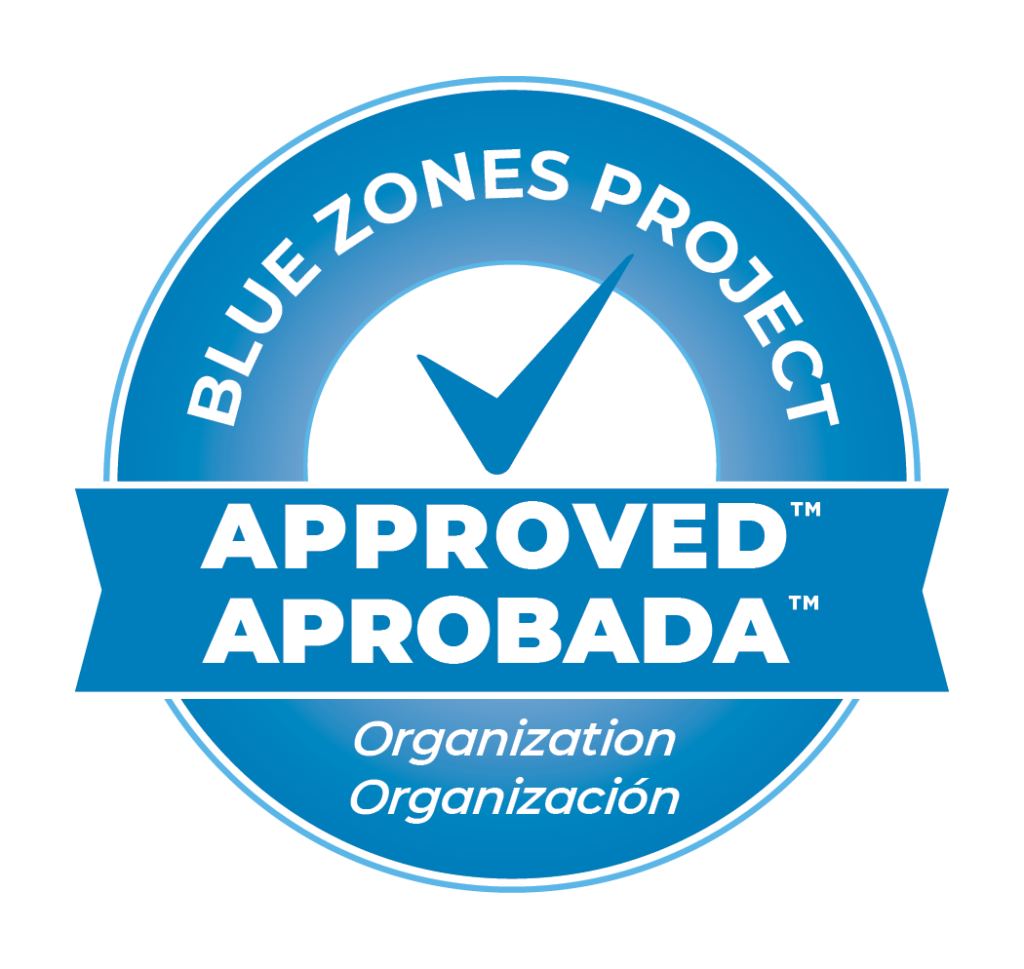
Anger is a natural and healthy emotion that everyone feels from time to time. But because of the confusion, chaos, frustration, and fear of this past year of pandemic, you may find yourself with unexpected feelings of anger that you find difficult to deal with.
So, how does one deal with these unexpected feelings and keep calm and respond appropriately?
Mental health experts say there are specific strategies that can help you deal with these often-overwhelming feelings.
First, instead of ignoring these feelings, acknowledge them.
When you’re caught off guard with anger, you might start to feel defensive or emotional and not immediately know why. Before you do or say anything, assess your feelings and acknowledge that you’re angry, and what is the likely cause of the anger.
Second, it may sound simple, but when you acknowledge you’re angry, stop and take a breath, then literally step back and put physical distance between you and the other person.
Third, try to be curious instead of furious.
If you have difficulty controlling your anger, it can be all too easy to jump instantly into furious mode and unleash your anger. Instead of being angry, be curious. Consider why this person is behaving this way, or saying these things. Maybe they had a bad morning or heard some upsetting news.
Fourth, try to remember, it’s not personal.
Remind yourself that this isn’t personal to you. Often times when people are behaving inappropriately or saying hurtful things, it’s because of things going on with them in their own lives. Practice reminding yourself that it’s not personal to you.
Finally, if you can’t walk away (the best option), and need to say something, focus on the behavior you find unacceptable without placing blame by using “I” statements.
Talk specifically about your feelings and the effect of the behavior on you. By communicating without placing blame, you are more likely to be understood and work toward a resolution, rather than putting the other person on defense and starting a conflict.
If you’re still feeling anger after a tense exchange, do something to vent those feelings
- Try calling a friend to vent, write your feelings down in a letter you’ll never send, or do some exercise.
- Go for a walk, or join a friend for spin class.
- Do something nice for yourself later, like cooking a special dinner or taking a hot bath.
- When it comes to anger, remember that in the long run it’s best for you to control it, rather than allow it to control you.
If anger is still having a significant negative impact on your life and relationships, a licensed mental health professional specializing in anger management can help.




